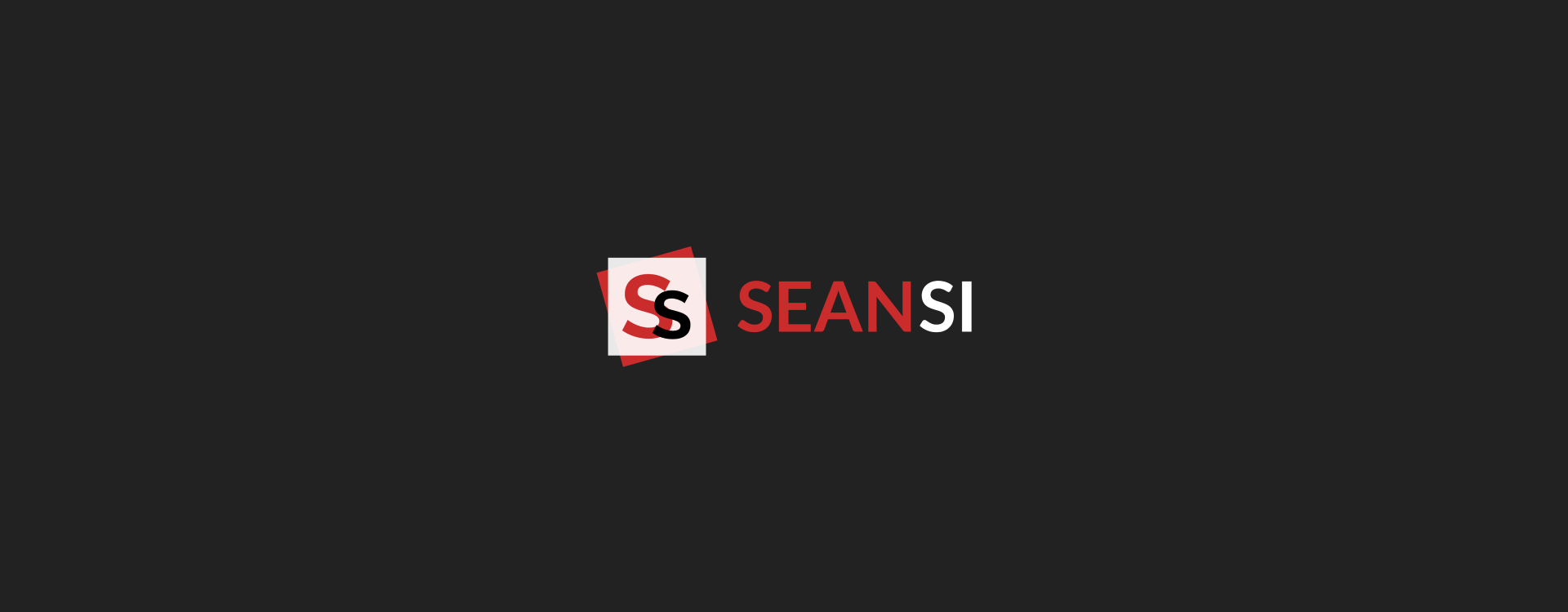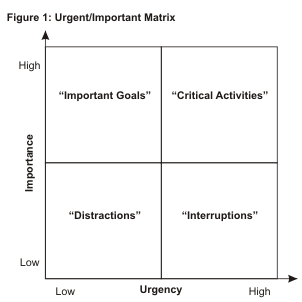One of the main problems of company culture is the level of trust. Where do we draw the line when it comes to trust? And if we do draw the line somewhere, can we justify it?
A lot of business people here in the Philippines tell me that the workforce here is not yet ready for the level of trust that companies abroad give their employees. That Google’s culture will never work here. The local workforce is just too emotional. And too undisciplined.
While it’s true that I’ve seen my share of a significant lack of discipline in the workforce, I have not shut down the idea of trying to build such a culture. I believe it can happen – with the right people.
With the right team.
The question is: HOW?
How do you attract the right people? And how do you make sure that they ARE the right people?
This may be the goldmine of a question as an entrepreneur. As a leader.
I believe that a culture that will attract the right people will be centered around trust. You trust your people and your people trust you.
I’m not talking about leaving a whole lot of cash right at the office floor and believing that your team will simply return it to you or surrender it to the HR (although that may be a good scenario for measurement).
I’m talking about you trusting your team to do the work and to do it well. And when they have nothing else to do, to innovate and grow.
I’m talking about your team trusting you to keep moving the company forward – cashflow, innovation, legal, branding, etc. I’m talking about respect.
I’ve heard scenarios wherein the employee watches Youtube videos whenever the boss isn’t looking. I’ve heard stories about people in the office using Facebook for personal reasons in company hours. In fact, I’ve experienced it myself – in my own team.
You see, we allow access to all websites in the internet – something that most companies here in the Philippines don’t practice. Some people think it’s stupid because it makes way for employees to ‘steal’ company hours. I believe that it creates opportunity.
An opportunity specifically for people who will rise above what the average Filipino employee will opt to do – and say ‘no’ to time theft. An opportunity for personal discipline.
I believe that everything in our world today that is worth recognizing is done with significant amount of self-discipline. The discipline to say ‘no’ to distractions and to say ‘yes’ to productivity and efficiency.
It’s not easy to eliminate distractions. But it’s the right thing to do. Whenever you’re tempted to open Facebook ‘just because’. Whenever you’re tempted to watch that Youtube video because you’re ‘bored’ but you know you’ve got some things to do – and it’s company working hours.
I try my best to plan important goals, sprint critical activities, delegate or delay interruptions and eliminate distractions. That is what makes a good leader great. That’s what makes a good manager great. That’s what makes a normal team player great.
Is this something that’s prevalent in the Filipino workforce? I can only answer that question in a relative standpoint. And here’s my take: No.
I’m still seeing the gap and huge lack of efficiency and discipline in our workforce today. I believe that it will take a huge culture change – perhaps a positive cycle to break this. It’s not an easy task. However, it is achievable as I see the discipline in most Filipino entrepreneurs I come across.
I’ve been also seeing these things in my own team. There are people who work and who shut out distractions during working hours. They, by far, are the best performing people in the teams in our company. It doesn’t take so much brainpower to know that when you are efficient and disciplined in your own work, you will come out as one of the A players in your team.
It’s just the hard, solid truth of work that’s been known to man ever since.
That’s why Jack Welch eliminated the lower 10% of GE’s workforce every year. That’s why Steve Jobs fired off all the B players of Apple. That’s why Netflix believes that firing people is one of the ways to grow your company.
It is because there will be people in your team who will perform and who will be self-managed, self-disciplined, efficient and productive – and then there will be those who are not because they let distractions get the best of them. Because they don’t have the same vision. Because they don’t have the discipline to say ‘no’,
The thing is, life is full of distractions – and our company culture of the open web is no real help at all. This leaves me with three simple choices:
1) Block off all distractions – and leave social media access open only to those who really need it
2) Enforce a penalty – for those who are evidently slacking off or doing other things during company hours
3) Leave it to the A players to influence the team – which I believe is the best option. We have people who are disciplined, who work well and who eliminate distraction. Best of all, they have influence.
I know that betting on #3 is not really a management decision. It’s a decision bent towards trust and I do recognize its high costs. People may simply keep on with the distractions they love. People may keep on with slacking off during company hours. And yes it’s not alright.
However even if you are able to control the environment, you damage some intangible aspects of the team dynamics – trust. And that, for me, is the most important aspect of a winning team. Trust carries an extremely high cost – I’ve felt the consequences even to the point of losing a client or two.
But I can’t imagine moving the company forward without it being the driving factor.
I trust my team to do the right thing. To improve. To innovate. To meet their goals. To grow.
I’m paying the price to see those things come true someday.
And when that day comes, I know that we’ll be unstoppable.








